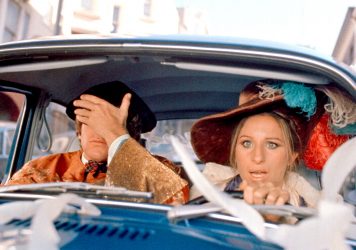
By Meg Walters
Peter Bogdanovich’s 1972 homage to the Hollywood romantic comedies of old is chaotic, silly, and utterly joyful.

By Zoe Kurland
In Hal Ashby’s unconventional 1971 romance, the central protagonists have very different ideas about life and death.
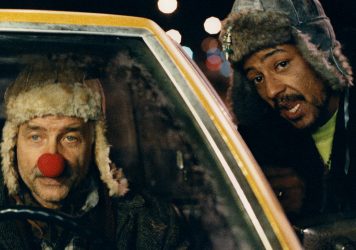
By Liz Gorny
In Jim Jarmusch’s 1991 film, a cab driver and his passenger’s identical hats capture the power and poignancy in cultural exchange.
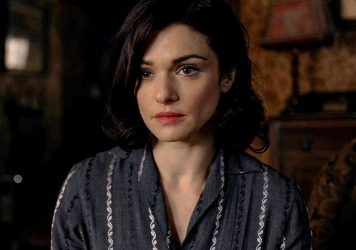
In Terence Davies’ postwar melodrama, she turns Hester Collyer into one of cinema’s great tragic heroines.
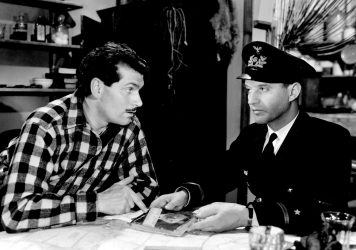
By Sam Manning
Michael Powell and Emeric Pressburger employed propaganda to potent effect in their 1941 submarine drama.
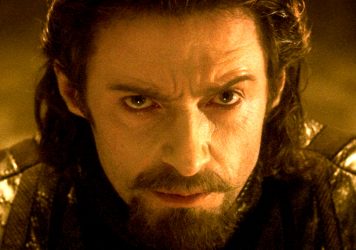
By Simon Bland
Dismissed as a self-indulgent folly upon release, this fatalistic fantasy drama deserves a second look.
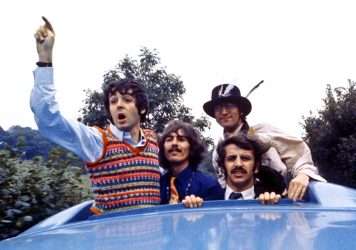
By Mark Allison
In 1967, the Fab Four embarked on an extravagant, experimental journey that would redefine what a promotional film could be.
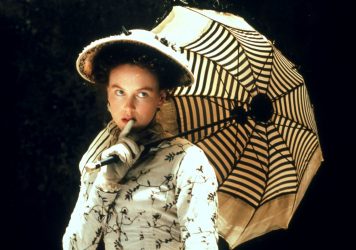
Twenty-five years on, this adaptation of the classic Henry James novel offers an unflinching study of female sorrow.
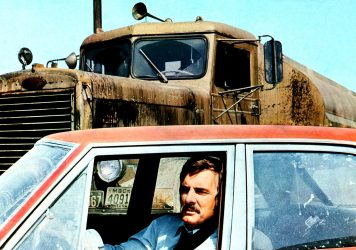
This made-for-TV feature has all the trademarks that would go on to define one of America’s most acclaimed filmmakers.
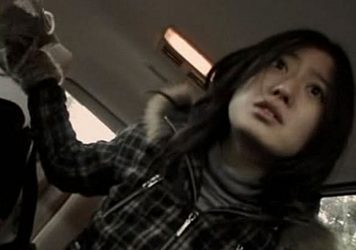
Unlike most possession-based pseudo-documentaries, this 2005 J-horror delivers its biggest scares in broad daylight.
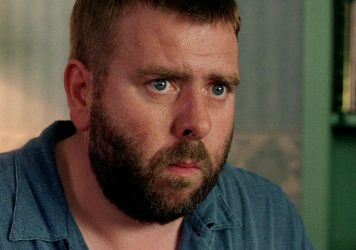
By James Morton
Director Mike Leigh emphasises the lack of connection between the characters, and British society as a whole.
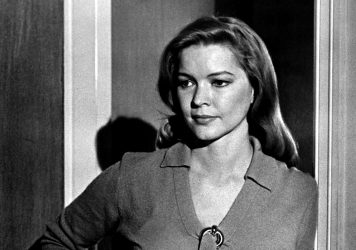
She inhabits the role of the frustrated housewife in Peter Bogdanovich’s 1971 drama with apparent effortlessness.
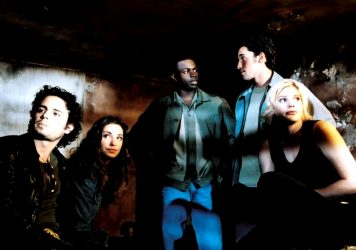
By Oumar Saleh
In breaking from franchise tradition, this maligned 2002 slasher foreshadowed the rise of live streaming and viral fame.
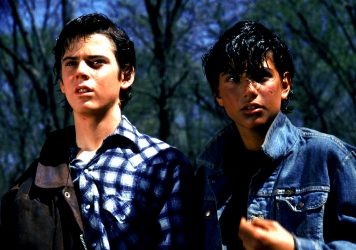
By James Clarke
This teenage drama from 1983 is the pinnacle of the director’s career-long obsession with the passage of time.
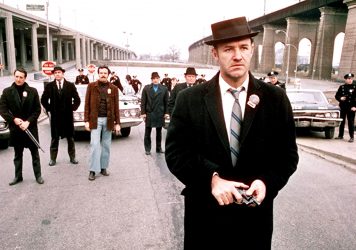
By Jarek Kupść
Gene Hackman maniacally navigates New York’s crime world in William Friedkin’s enduring procedural.
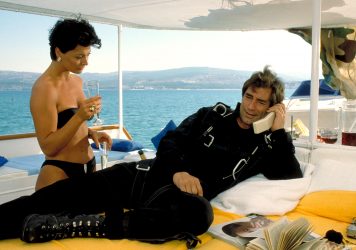
By Mark Allison
In The Living Daylights and Licence to Kill, Dalton created the template for Daniel Craig’s hard-edged 21st century Bond.
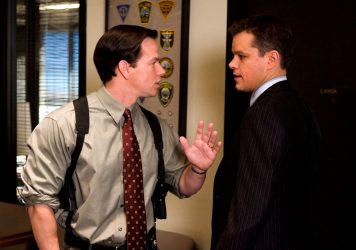
Foul language and filthy humour characterise the cruel, cynical world of this hardboiled Boston-set crime-drama.